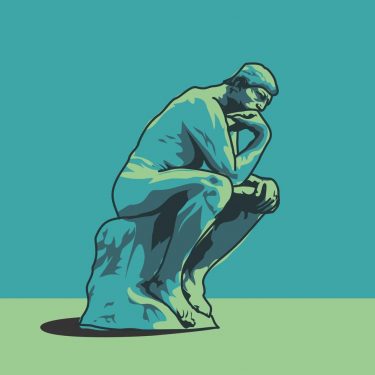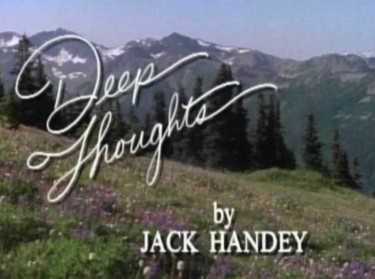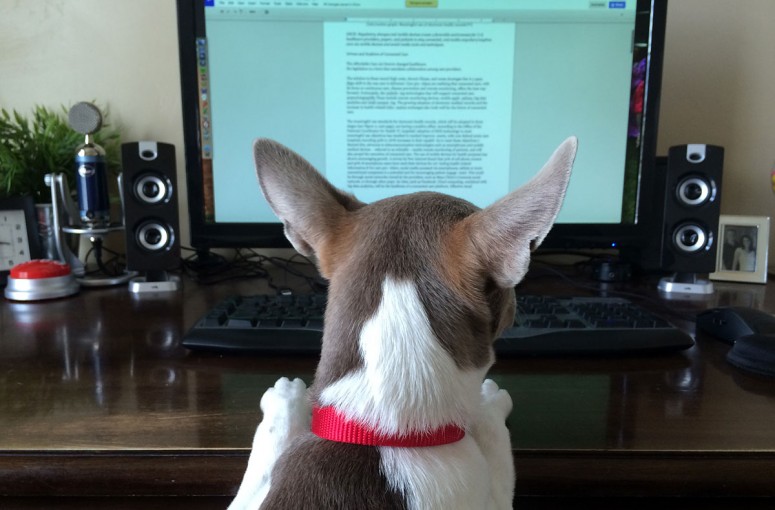 I have a super smart neighbor that’s now retired. After competing in the Olympics in track, he became a college professor as is the quintessential deep thinker. He dropped the following sentence at church recently, which gave me pause:
I have a super smart neighbor that’s now retired. After competing in the Olympics in track, he became a college professor as is the quintessential deep thinker. He dropped the following sentence at church recently, which gave me pause:
“Most humans don’t want the truth—they want to be told they’re okay.”
He’s got a point. I’m not sure if “most” humans don’t want the truth, but I know I lot of them would rather be told (or delude themselves) into thinking they’re okay. Granted, I think most humans are okay, but I think this line of thinking prevents us from progressing at times, myself included.
What do you think: Do humans value acceptance more than truth? And are the two mutually exclusive?
 As shared by Nikola Gjakovski; edited for potency:
As shared by Nikola Gjakovski; edited for potency:
- How old would you be if you didn’t know how old you are?
- Which is worse, failing or never trying?
- Do you push the elevator or crosswalk button more than once? Do you really believe it makes them faster?
Continue reading…

Photo: Blake Snow
Americans rank near the bottom in work-life balance because we work more than anyone, that much we know. (Caveat: We don’t work more than we used to, according to decades of research by John Robinson. We just perceive busy-ness as work and fill our free time with it. More on that later.)
But we don’t have to work as much as we do. Quite the opposite, in fact. “Researchers note that productivity rates have risen, which theoretically lets many people be just as comfortable as previous generations while working less. Yet they choose not to,” reports the New York Times. Even visionaries admit as much. “The idea that everyone needs to work frantically is just not true,” says Google CEO Larry Page. “Reducing the workweek is one way to solve the problem.”
I decided to do just that recently in switching from a five to four-day workweek. Like after I quit working nights and weekends, I won’t ever go back (given the choice). In four days, I’ve gotten just as much done as I did in five, because I waste less time now. As the forward-thinking Jason Fried explains, “Constraining time encourages quality time. When you have a compressed workweek, you focus on what’s important.”
So we have evidence that all this snazzy technology lightens our load, increases our productivity, and allows us to work less. And yet we still choose to work more than we need to. Why?! I’ve researched the issue for my book and came away with the following five answers: Continue reading…
 I have a super smart neighbor that’s now retired. After competing in the Olympics in track, he became a college professor as is the quintessential deep thinker. He dropped the following sentence at church recently, which gave me pause:
I have a super smart neighbor that’s now retired. After competing in the Olympics in track, he became a college professor as is the quintessential deep thinker. He dropped the following sentence at church recently, which gave me pause:
 As shared by
As shared by 